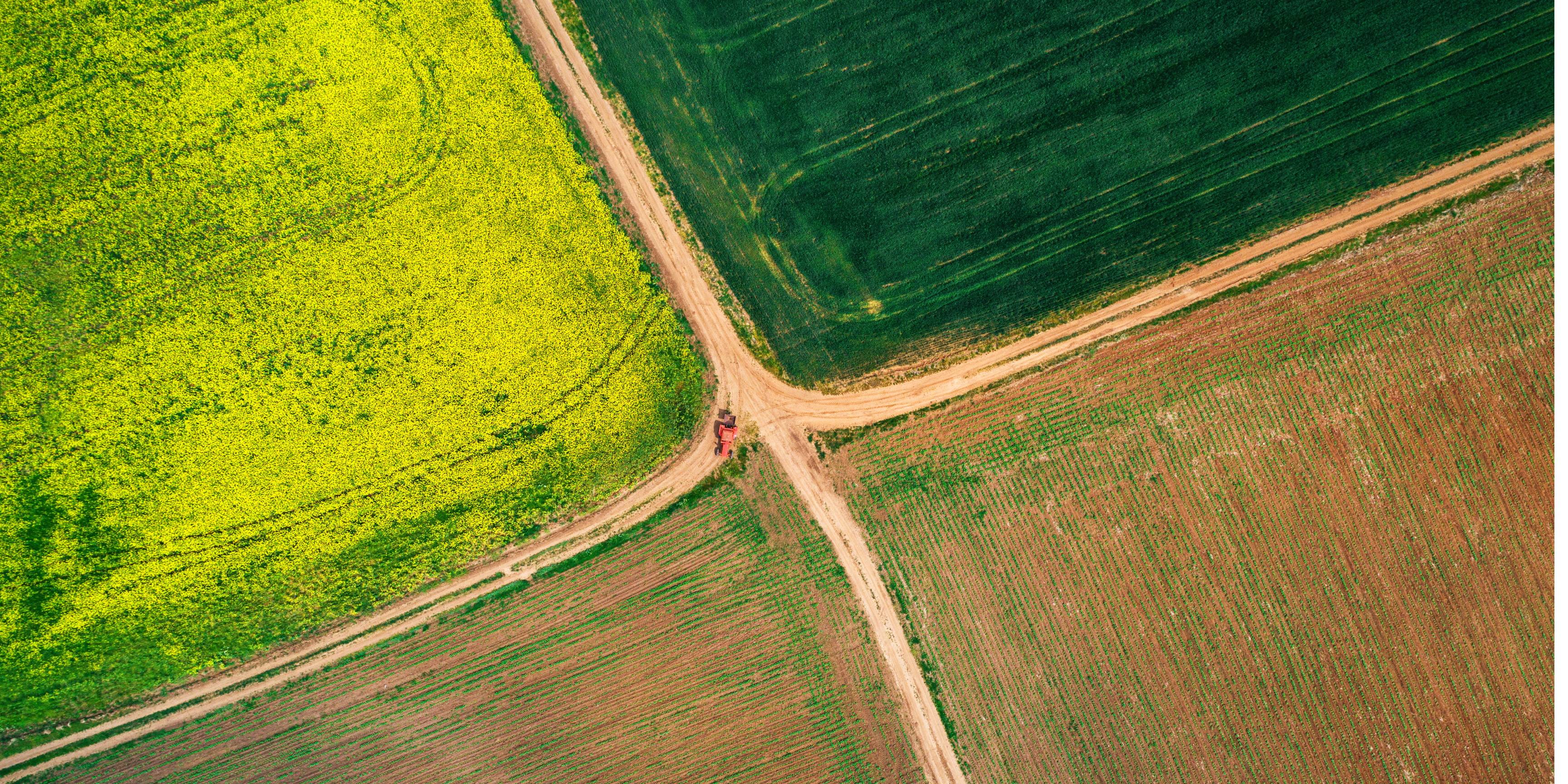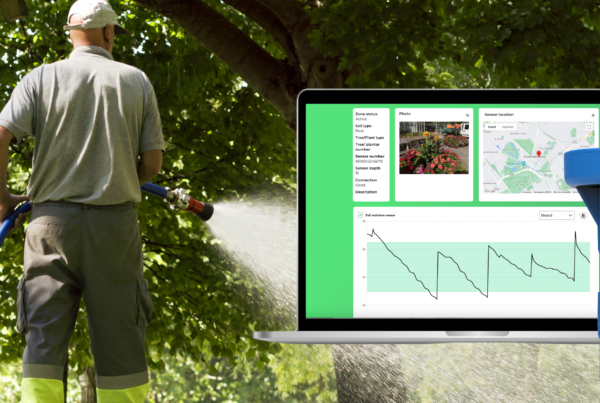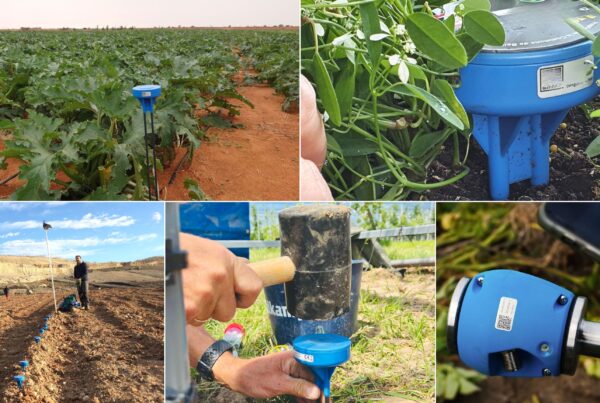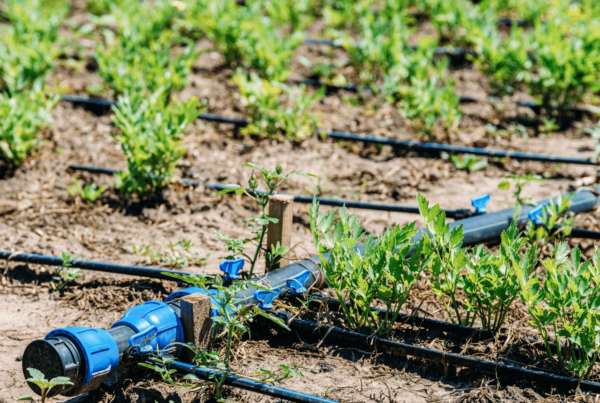The USDA’s recent announcement of $1.5 billion in funding through the Regional Conservation Partnership Program (RCPP) marks a significant step towards promoting climate-smart agriculture. This initiative aims to help farmers adopt sustainable practices, enhance natural resources, and tackle climate challenges (USDA). Sensoterra supports growers in maximizing the benefits of this funding through soil moisture data for precision irrigation and advanced water management solutions.
Precision Irrigation and Water Management
One of the core benefits of Sensoterra’s wireless soil moisture sensors is the ability to provide real-time, accurate data on soil moisture levels. This data is crucial for precision irrigation, allowing farmers to:
Reduce Water Usage: With precise soil moisture data, farmers can tailor irrigation schedules to apply water only when and where it’s needed, leading to significant water savings. This aligns perfectly with the RCPP’s goals of promoting efficient resource use.
Enhance Crop Yield: By ensuring that crops receive the optimal amount of water, soil moisture sensors can help improve crop health and yields. This is particularly important in regions facing water scarcity or irregular rainfall patterns.
Prevent Overwatering and Underwatering: Maintaining ideal soil moisture levels helps prevent issues related to overwatering, such as nutrient leaching, and underwatering, which can stress plants and reduce yields.
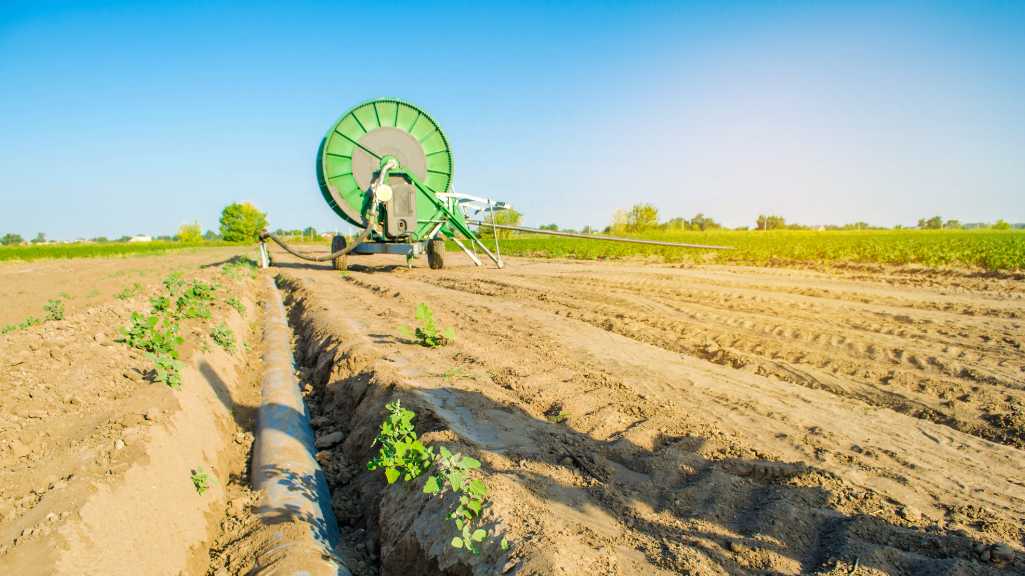
Soil Health Conservation
Water availability affects not only plants but the biology within the soil. By maintaining plant available water levels, plants experience less stress, and biological and chemical processes are optimized for soil and plant health.
Soil Health Monitoring: As part of an integrated solution, Sensoterra soil moisture data can give an insight into soil health, helping farmers implement practices that enhance soil structure and fertility. This supports long-term soil conservation and productivity.
Reduced Runoff and Erosion: By optimizing irrigation practices, farmers can reduce excess water runoff, which helps prevent soil erosion and protects local waterways from losses of agricultural inputs.
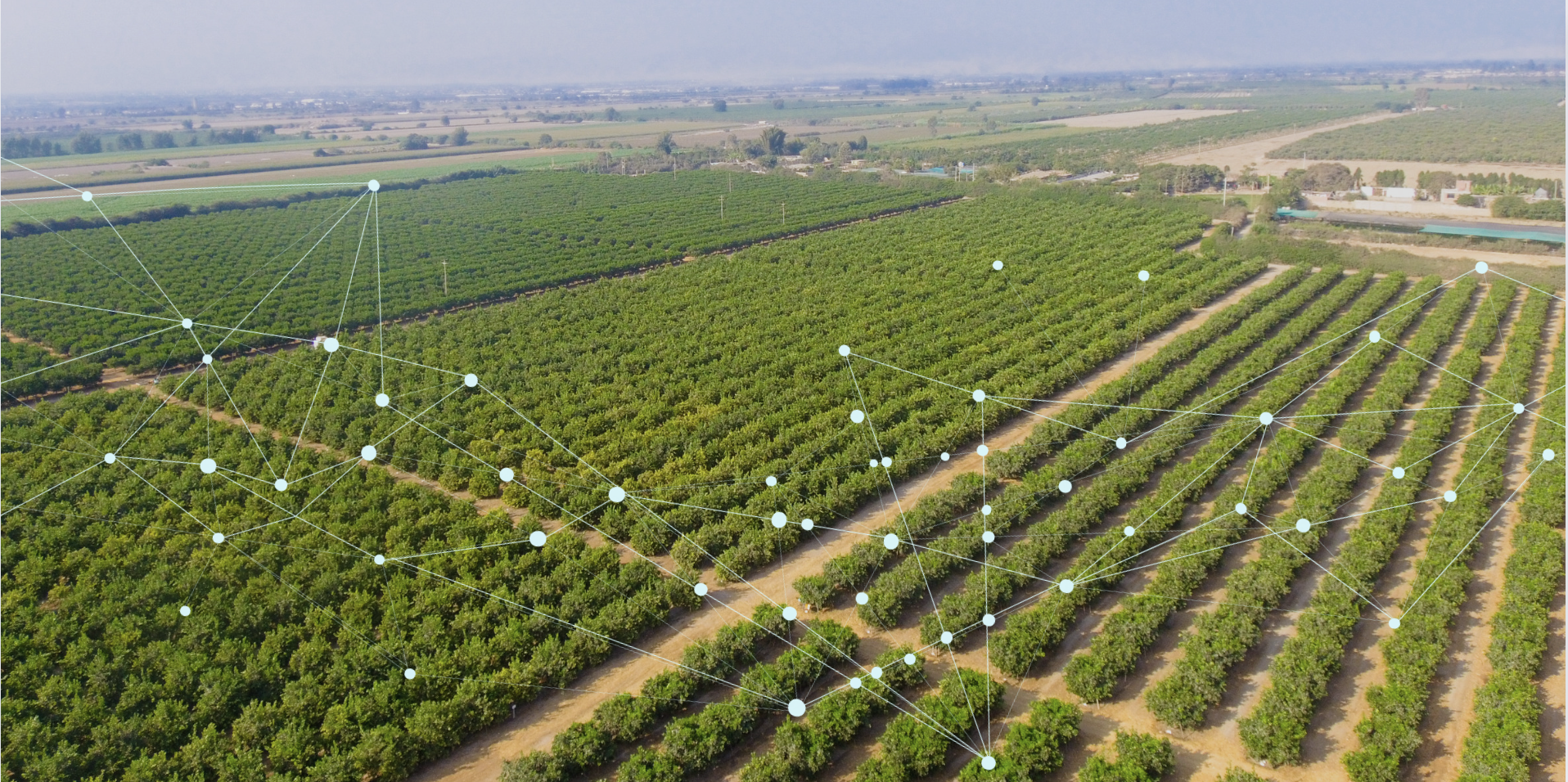
Protection from the effects of extreme weather events
The prolonged ‘heat dome’ across North America, is impacting agricultural production. Extreme prolonged drought results in soil sealing and hydrophobic properties. If this is followed by extreme rain events, water can’t permeate the soil fast enough, and floods are a high risk. By protecting soil, and maintaining consistent soil moisture levels, growers can mitigate the risks associated with prolonged and extreme weather.
Data-Driven Decisions: Sensoterra provides actionable insights that help farmers adapt their practices to changing weather patterns and climate conditions. This includes adjusting irrigation schedules based on real-time soil moisture data to cope with droughts or unusually wet periods.
Drought Management: During drought conditions, Sensoterra’s sensors offer reliable data to manage limited water resources effectively, ensuring that crops receive the necessary water to survive.
Integrated Solutions: Sensoterra offers calibrated soil moisture data to meet the specific needs of different regions and crop types, enhancing the effectiveness of conservation programs and ensuring that resources are used efficiently.
Sensoterra soil moisture sensors align closely with goals for climate-smart agriculture. By promoting water conservation, enhancing soil health, and enabling farmers to adapt to water scarcity, Sensoterra supports sustainable farming practices, ensuring a resilient and productive agricultural future.

